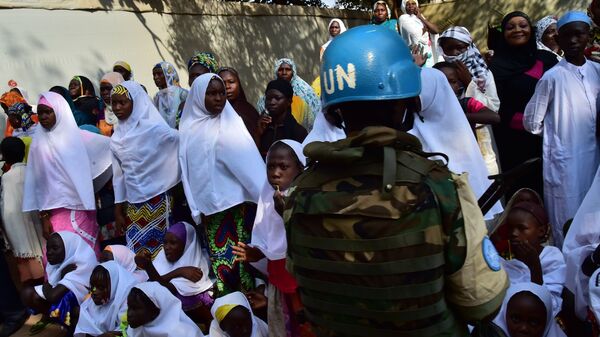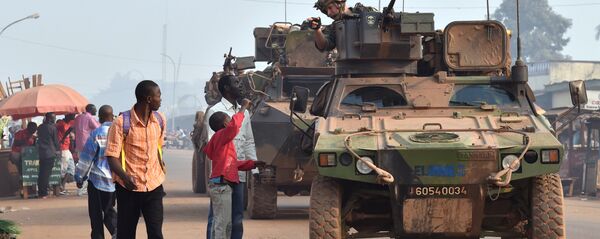"As of today, only 28 per cent of the necessary humanitarian aid budget for next year has been pledged, even though the needs remain huge: 850,000 people are internally displaced or have found refuge in a nearby country; 2.3 million, or half the country’s population, rely on humanitarian assistance for survival. Things are not back to normal in CAR," MSF said in a statement.
According to the organization, humanitarian budget for CAR has been decreased recently, following the general election which occurred in the country early this year, which was read as a sign that the country is heading towards recovery and stability.
MSF said that insecurity in CAR is still a major concern, after the organization was forced to cancel a planned vaccination for children in Bangassou town despite the high need for it, following the killings and kidnappings that were happening in the area.
The local health centers and health posts in Bangassou are under-stocked and understaffed and are incapable of providing the necessary healthcare services to the people in need.
Malnutrition also remains a huge problem that the African country suffers from, where according to a recent report by the Office for the Coordination of Humanitarian Affairs (OCHA), CAR comes first in the list of countries that are most affected by malnutrition.
The Central African Republic has been suffering from sectarian clashes between Muslims and Christians since the 2013 coup, when Muslim Seleka rebels seized control in the majority-Christian nation, overthrowing President Francois Bozize, who had ruled the country since 2003.
Thousands were killed in the ensuing violence and about 20 percent of the population fled their homes. Two successive interim governments, as well as thousands of UN peacekeepers, have struggled to stop the fighting and disarm militias since the conflict escalated.



